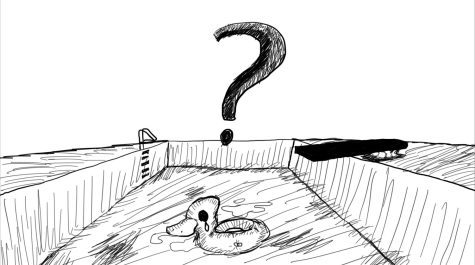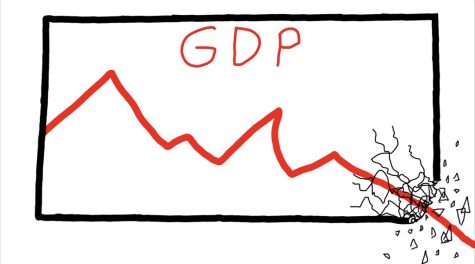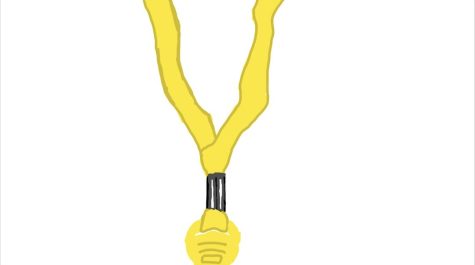Point/Counterpoint: Does Technology Separate Us?
No, It Doesn’t!
November 30, 2017
“Technology is a useful servant but a dangerous master,” Norwegian historian, teacher, and political scientist Christian Lous Lange once wrote. He meant that technology can help us and bring us together socially, but only if we are able to use it responsibly. Society has become so intertwined with technology that some simply cannot live without it, which is very dangerous. However, most people in society use technology for everyday things such as work, staying in touch with people, and, most importantly, knowing what’s happening around the world. Technology influences people to become more social and come together in times of tragedy.
Social media helps our society come together through technology much more than just being a Facebook or Instagram “friend.” According to Pew Research Center, the number of social media users has increased by 64% in the past 12 years. While a good number of this figure wastes their time sharing photos of their lunches, others use it to greater benefit. This is what needs to be focused on. With technology, one may Skype with a friend who has moved somewhere distant and hard to get to, Facetime for a business meeting, or even share a video of a sonogram to prospective grandparents. Social media can and is used to know what others are doing without the need to be face to face, and that does not make one anti-social. This does not apply merely to one’s personal life, but one’s connection to the world at large.
People all over the world watch and read about the news every day, often using their cell phones to get notifications about current events. This has the ability to bring people together socially. Emergencies and even tragedies are reported instantly, helping communities come together. For example, local citizens recently were warned about the potentially catastrophic effects of Hurricane Harvey before it hit land in Texas. Texted emergency warnings, internet blasts and news app alerts helped keep people alive and safe. Those who saw these advisories were able to pass them along to those who were in a media blackout.
Though the prevailing thought is that those who partake in social media are a bunch of glassy-eyed, drooling automatons who sit, isolated, in the dark, tapping away at their computer, this is not true. Keith Hampton, a sociologist at the University of Pennsylvania looked at the effects of sites like Facebook and Twitter and found some surprising results. In a survey of 2,255 people, he found that these users have closer relationships and are more involved in civic and political activities. So, when one considers whether those who are social media junkies live in isolation, I suggest you pull the plug on that idea.






